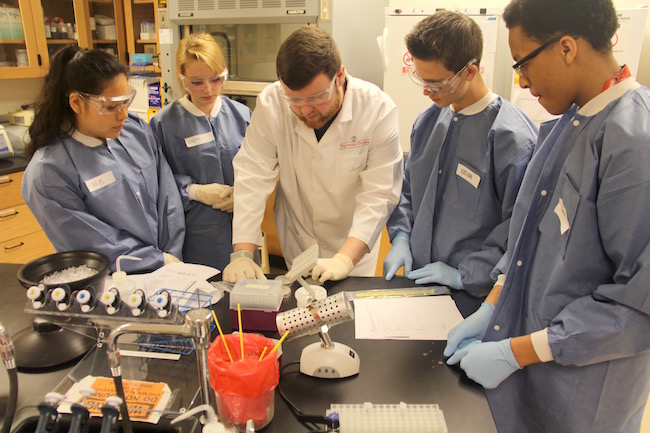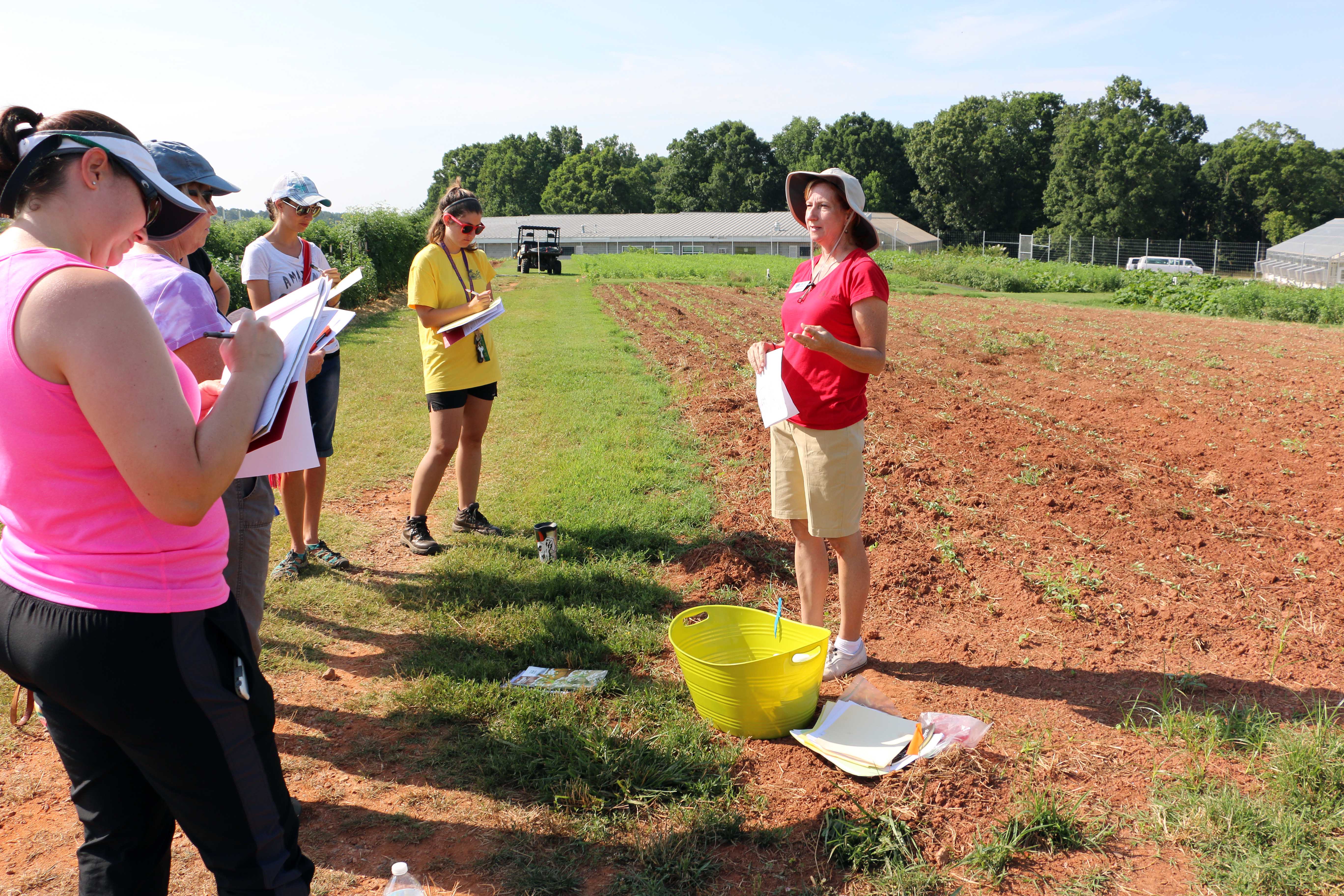The thought of teenage drivers strikes fear into the hearts of parents everywhere. The dangers of talking on the cell phone or texting while driving adds even more worry.
University of Georgia Cooperative Extension has created a program to address the fears of parents while preparing teenagers with the skills they need to drive safely. The Georgia Traffic Injury Prevention Institute’s Parents Reducing Injuries and Driver Error (P.R.I.D.E.) program has more than 200 instructors teaching classes for both parents and teenagers throughout the state.
“P.R.I.D.E. helps parents learn what they need to do to help their teen drivers meet the state’s licensing requirements and become safer drivers,” said Frankie Jones, director of the GTPI.
P.R.I.D.E. is a two-hour program that focuses on driver attitude, knowledge and behavior. It addresses seat belt use, crash dynamics, Georgia’s teen driving laws, parental influence and peer pressure.
“One of the things that makes P.R.I.D.E. special is that it is the only program in the state that requires a parent or guardian to attend with the teenager,” Jones said. “Research shows that teen drivers who have parents involved in the driving process are less likely to be involved in a crash.”
Kim Martinek, a resident of Roswell, Ga., hopes that her involvement in her daughter’s driving education will have lasting positive effects on her driving ability. Martinek, whose daughter, Alyssa, just passed her driving test and received her driver’s license, has all of the typical fears of parents of soon-to-be-drivers.
“I am mainly nervous because of all the possible distractions in the car, like the radio and her friends,” Martinek said. “I also worry about the distractions her phone can cause and whether she will be able to focus on the road like she needs to.”
Dana Porter, the P.R.I.D.E. program coordinator, agreed that a teenager’s phone poses special hazards to driving, especially texting while driving.
Another problem the P.R.I.D.E. instructors noted is a limited understanding of Georgia’s laws by both parents and their teenagers. “Parents and teens just don’t fully understand the laws,” Porter said. “They might know a little bit, like the curfew requirement, but many do not know the passenger restrictions and other important laws that our program addresses.”
“For instance, many parents and teens are aware that teen drivers are not allowed to have any passengers who are not immediate family during the first six months,” she said. “However, many people do not know that during the second six months, only one non-immediate family passenger is allowed, and after 12 months, only three non-family passengers are allowed.”
She noted that after school lets out there are often cars packed with teens. If an SUV is loaded up with teenagers and a teenager is driving, “then they are violating the law,” she said.
Besides a lack of knowledge about traffic laws, Jones added that many parents of soon-to-be drivers make common mistakes like not giving the teen their full attention on the road and not talking about all the costs involved in driving.
“I’m not just talking about the monetary costs of things like insurance and gas,” she said, “but the costs of injuries and fatalities that also impact quality of life of all involved.”
Jones noted that many parents don’t take their children out driving as often as they should. Although 40 hours is the minimum requirement for teens to get their license, “the more supervised practice a teen has, the safer he or she is behind the wheel,” she said.
Martinek took her daughter driving as often as possible, and she was diligent in exposing Alyssa to different driving conditions, ranging from rain and snow to rush-hour traffic.
“I also think it’s good for the parent to get in the car with their child after they get their license, just to check up on their driver ability,” Martinek said. “You can sometimes forget things after the test.”
Although Martinek cannot help but worry when Alyssa is late getting home, she admitted that she is “more excited than nervous overall now that Alyssa can drive. She can take herself to places now.”
“In terms of the value of the program, our evaluations indicate that we are definitely altering driving attitudes and behaviors for both parents and teens,” Jones said. “We are saving lives and reducing crashes, injuries and fatalities. One child who loses his or her life is one child too many.”
Since the program started in 2003, approximately 9,000 teens, accompanied by at least one parent or guardian, have participated in P.R.I.D.E.
There is no charge to participate in P.R.I.D.E., which is funded by grant support and operated by volunteer instructors.
For more information about P.R.I.D.E., including classes in your area, go to www.ridesafegeorgia.org.






